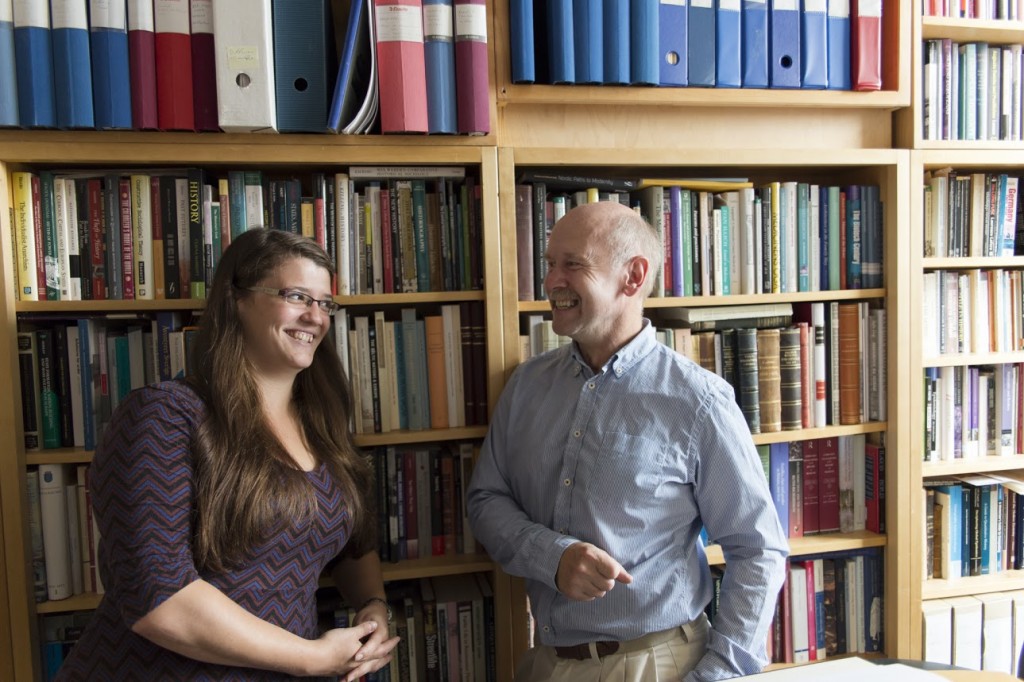INTELLECTUAL PROPERTY
Patents and Copyrights
As members of the University community who engage in research, your intellectual abilities advance knowledge in a number of fields. Article 27 of the Collective Agreement details the responsibility between the University and ASMs regarding IP ownership:
Subject to the rights of third parties and co-creators, ASMs shall own their Intellectual Property and shall be beneficiaries of commercialization and other exploitation of their Intellectual Property.
Since the primary consideration of the University is to promote teaching, research, and dissemination by ASMs, these activities shall continue to be encouraged. ASMs shall have the ability to publish and disseminate their research results in the public domain in order to contribute to the body of public knowledge in their disciplines.
The Intellectual Property Policy at Memorial University can be found here
Research Participation Agreements (RPA)
In its current form, by signing the RPA a researcher assigns, in perpetuity (i.e., even after the researcher leaves the University) all intellectual property (IP) rights, including copyright, and potentially royalty rights resulting from the project to the University. Once you sign the RPA you have no guaranteed right to publish project results.
Although the RPA gives the researcher the option of requesting a reassignment of IP rights that the University is not obliged to make available to the industry partner, there is currently no specific mechanism or timeline in place for this to happen. MUNFA has filed an Association (Policy) grievance and has retained a lawyer who specializes in IP rights to provide advice and assistance in this regard
Guidelines for ASMs asked to sign an RPA:
1. Before signing you should receive and review the Research Contract between the University and the industry partner.
2. If that Research Contract does not give the industry partner IP rights resulting from the project, then you should not sign the RPA. This situation is most likely to arise for projects where the industry partner is making an “in kind” contribution.
3. If there is no industry partner involved in the project, you should not sign the RPA.
4. If you have a student in your supervision who is requested to sign an RPA, remember that the RPA is a legal document, and most ASMs are not in a position to provide advice on such to another person. Any student put in this position by the university would be best served to contact MUNSU, the GSU, and/or obtain his/her own independent legal advice.
5. BY SIGNING THE RPA YOU ARE GIVING UP RIGHTS YOU HAVE UNDER THE COLLECTIVE AGREEMENT. As such, we strongly recommend that you obtain independent legal advice to ensure you fully understand the implications of the document.
6. If you do sign the RPA we also advise you to add the following: “I am executing this agreement under protest, because I have been advised that it is a mandatory precondition for obtaining research funds. I understand that MUNFA has filed a grievance alleging that the requirement to sign these agreements violates the collective agreement. If MUNFA’s grievance succeeds I will seek to be compensated or otherwise made whole for any violation of the collective agreement resulting from my execution of this agreement.”




